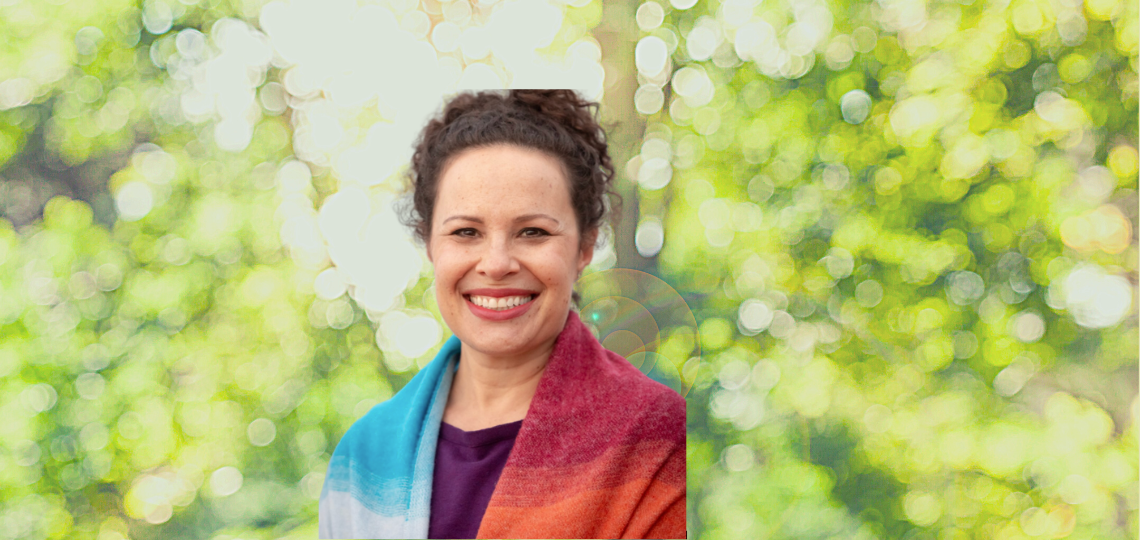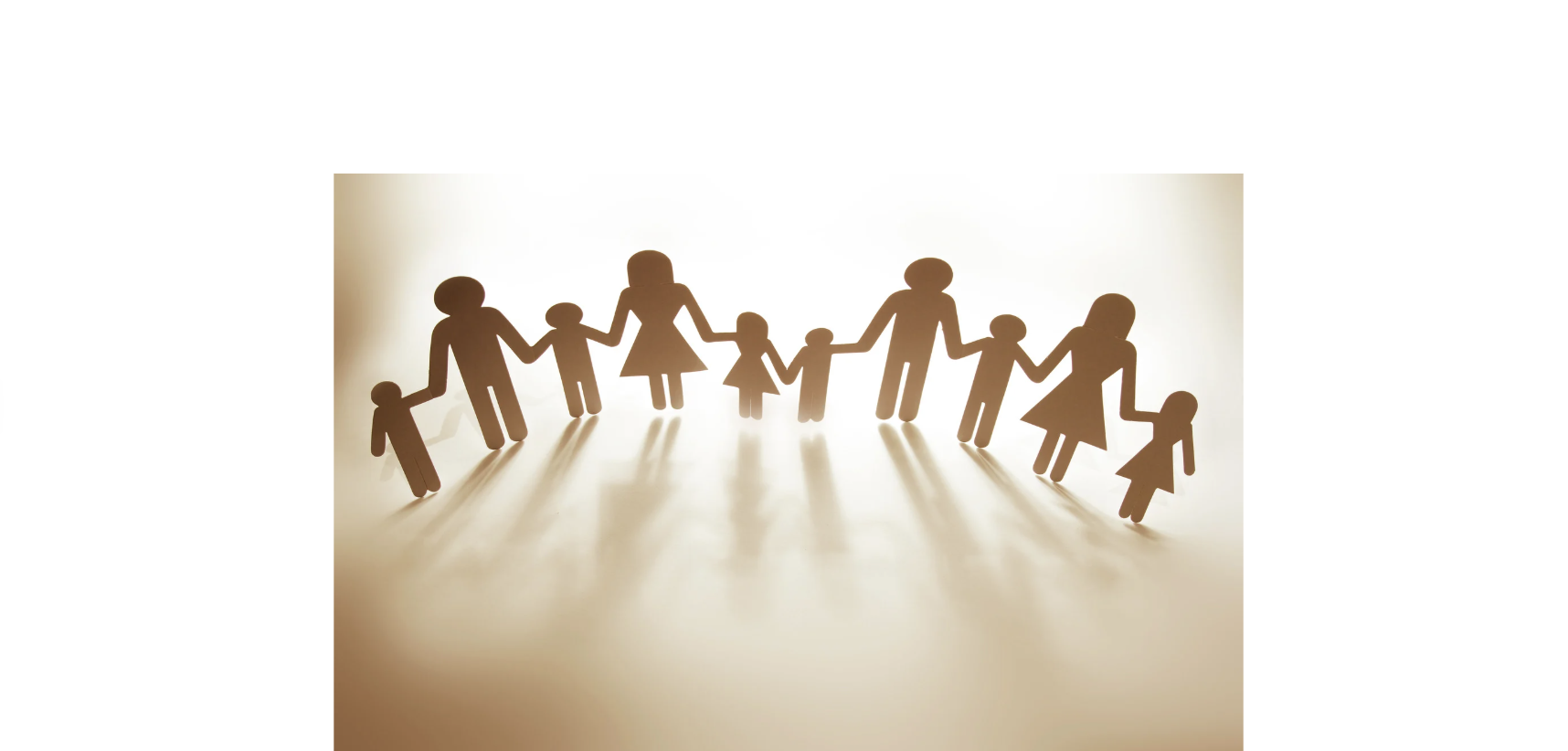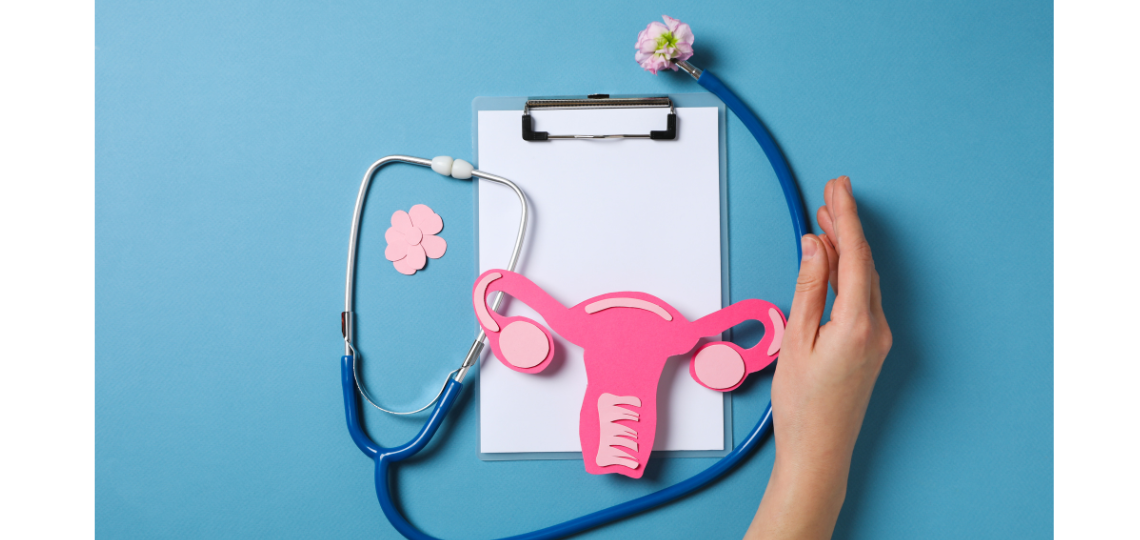Women of WISDOM: Spotlight on Heather Mann
Heather Mann, a WISDOM participant, and Ambassador, had a profound experience being in the study. We met with Heather to learn how personalized screening changed her life.
How did you hear about WISDOM and what made you want to join?
I heard about WISDOM through an email I received from my medical center. Typically, I’ll volunteer for a study if it’s super easy, not invasive, not a major time commitment and it’s focused on wellness. I feel like I’m a professional patient. I’ve been diagnosed with rare conditions where they’re working on a cure. I feel like the more I can contribute to science and studying genetic mutations and preventive health – how to help people avoid certain diseases or get them treated – the better. So that was kind of my motivator for signing up. It was really easy to join and participate.
Some people join our study because cancer has touched their lives, and others join because they are interested in personalized medicine and prevention. Were you influenced by those factors?
Yes, a little bit of both! My grandmother had breast cancer. It was treated successfully and she lived a very long life. From my understanding, that did not put me at higher risk because of the degrees of separation- she was a “secondary” relative and no one else in my family had breast cancer. In part I signed up because I wanted the genetic test! I have a genetic eye condition and I wanted to learn if I had any other genetic mutations. I know these tests can be very expensive and insurance may not cover them. So, this was a wonderful opportunity to learn more about my health.
It sounds like you had a preference for which study group to join (WISDOM has an “annual group” and a “personalized group”). Did you choose your own group or were you randomly assigned to one?
I was glad that in WISDOM, there’s an option to choose which group you’re in. I chose the Personalized Group. I live with a retinal eye disease which is genetically based so I have quite a lot of experience when it comes to knowing the importance of genetic mutations and how they can impact your life.
Were you ever concerned about your genetic information being “out there” in the world? I hear that is a concern for some people, though in WISDOM, we use the strictest HIPAA, security, and privacy measures to protect patient data.
No, that was never a concern for me. In fact, I think that not learning about your genetic health ensures that you won’t lead as healthy and long a life as you can. If you don’t get as much information as you can about your own body and genetics, then you can’t do much to reduce your risk of getting a disease that you might be more susceptible to or treating a condition. I feel strongly about it.
Did you learn anything unique or surprising about your health from participating in WISDOM?
Yes! I was shocked to learn that I had the CHEK2 mutation and because of that, I received genetic counseling from one of the WISDOM’s genetic counselors. She explained to me that the CHEK2 mutation put me at higher risk for several cancers, including breast cancer and colon cancer. Dr. Esserman and I agreed that I would alternate between having mammograms and MRIs every six months as a form of surveillance. She recommended including MRIs because I have dense breast tissue and the genetic mutation on CHEK2.
I’m glad to hear that the WISDOM team communicated with you and your healthcare provider about your risk, and offered you options to reduce your risk and increase your surveillance. Did their recommendation help you?
It really did! I was due for my normal mammogram, and the scan came out clear. But then 6 months later when I went in for my WISDOM-recommended MRI, they found a small mass. After a biopsy I learned that it was a small 1cm tumor, hormone positive, HER2-, only stage 1. I couldn’t believe it, but I had a great prognosis. I quickly got an appointment to discuss my treatment options. Since I had an estrogen-fueled cancer, my doctor and I decided the best approach was to take medication that would stop my ovaries from producing estrogen, essentially putting me into menopause. I did this to slow the growth of the tumor prior to removing it with surgery. I also had a lumpectomy. During surgery they took out a couple of lymph nodes just to check them, and luckily the cancer hadn’t spread.
Did your doctor give you a reason why the mammogram didn’t catch the tumor but the MRI did catch it 6 months later?
Actually, yes. My tumor was tested and the doctors said mine was a relatively slow growing tumor. A mammogram would have eventually detected it, once it was a little bigger. Since there wasn’t a huge sense of urgency around the timing of my surgery, I was able to take the medication first to shrink the tumor and find out how well the therapy worked, then a few months later, have my surgery.
Was it a difficult decision for you to go on menopause-inducing medications?
Actually, no. I was 48, had an 8-year old child, and I was already in perimenopause. It did accelerate my menopause-related symptoms, like hot flashes and insomnia, but it was only for a few months and then evened out, so I was ok.
It sounds like your participation in the WISDOM study had a large impact on your life.
Absolutely! I’m really thankful, I would never have known that I had a CHEK2 mutation or gotten an MRI if it hadn’t been for the WISDOM Study.
It sounds like you benefited from finding your cancer early through WISDOM’s risk-assessment and personalized screening approach.
Yes – the lesson learned is, find your optimal personal screening protocol and follow it. If you can learn about your genetic risk, know your family history, and get a personalized recommendation, that’s as good as you can get. We can do better than following general guidelines from the big societies.
Now you’re a big proponent of the personalized approach!
Yes, I didn’t know about the benefits of a personalized approach before I joined WISDOM. I thought I was at low risk for breast cancer, I couldn’t believe I had a mutation and an active cancer.
What would you say to women who, like you, don’t have a deep family history of breast cancer, and so may think WISDOM isn’t important for them to join.
First, I’d say, you actually don’t know that you’re not at higher risk for breast cancer unless you’ve had genetic testing done. Look at me. It’s all about getting the information- “knowledge is power” as they say. Find out what your genetic risk is, find out if you have dense breast tissue, and then find out what your screening recommendation is from your healthcare provider. Know how often and how you should screen so that you can find any problems early. And if you have any loved ones that are women, daughters, or nieces, it is so important to have this information because then you can be protecting them, potentially saving their lives.
What would you say to participants in the WISDOM Study and women who may want to join the study, who receive the information that they are at lower than average risk, and that their optimal screening recommendation is every 2 years (versus an annual mammogram)? Some people may be reluctant to screen less.
Yes, my opinion is to follow the science. If the scientific recommendation is every 2 years, then do that. Why expose yourself to more radiation if it is not truly necessary?
I have one more question for you. You’ve been one of the study’s biggest advocates. What are some of the steps you’ve taken to promote WISDOM?
I spread the word to all of my loved ones and friends in my social circles. I’m active on social media so I shared my story with everyone on Facebook and through the Facebook groups that I’m involved with, such as local mom’s groups. I’ve reached out to my daughter’s school so all the faculty knows about the WISDOM Study. I’ve also told my synagogue and congregation about the study. If you’re a mom, you want to be around to raise your kids. If you have daughters, you want to find out if you have a genetic mutation because you want to protect them too. The least I can do is get out there and inform people. I think about how many lives we can potentially save. It’s about having the knowledge about your risk– find out if you’re at high risk, and if so, get the scans that’s are right for you and are more likely to catch things sooner. That’s all it is.
Heather Mann lives in San Francisco with her husband and daughter. She continues to advocate for the WISDOM Study and risk-based screening. We are so grateful for her continued participation in the study and her relentless effort to promote the study nationwide!
We’d love to hear about your experiences in the study. If you are interested in being featured in our Women of WISDOM blog series, please email us at wisdomcommunity@ucsf.edu!


